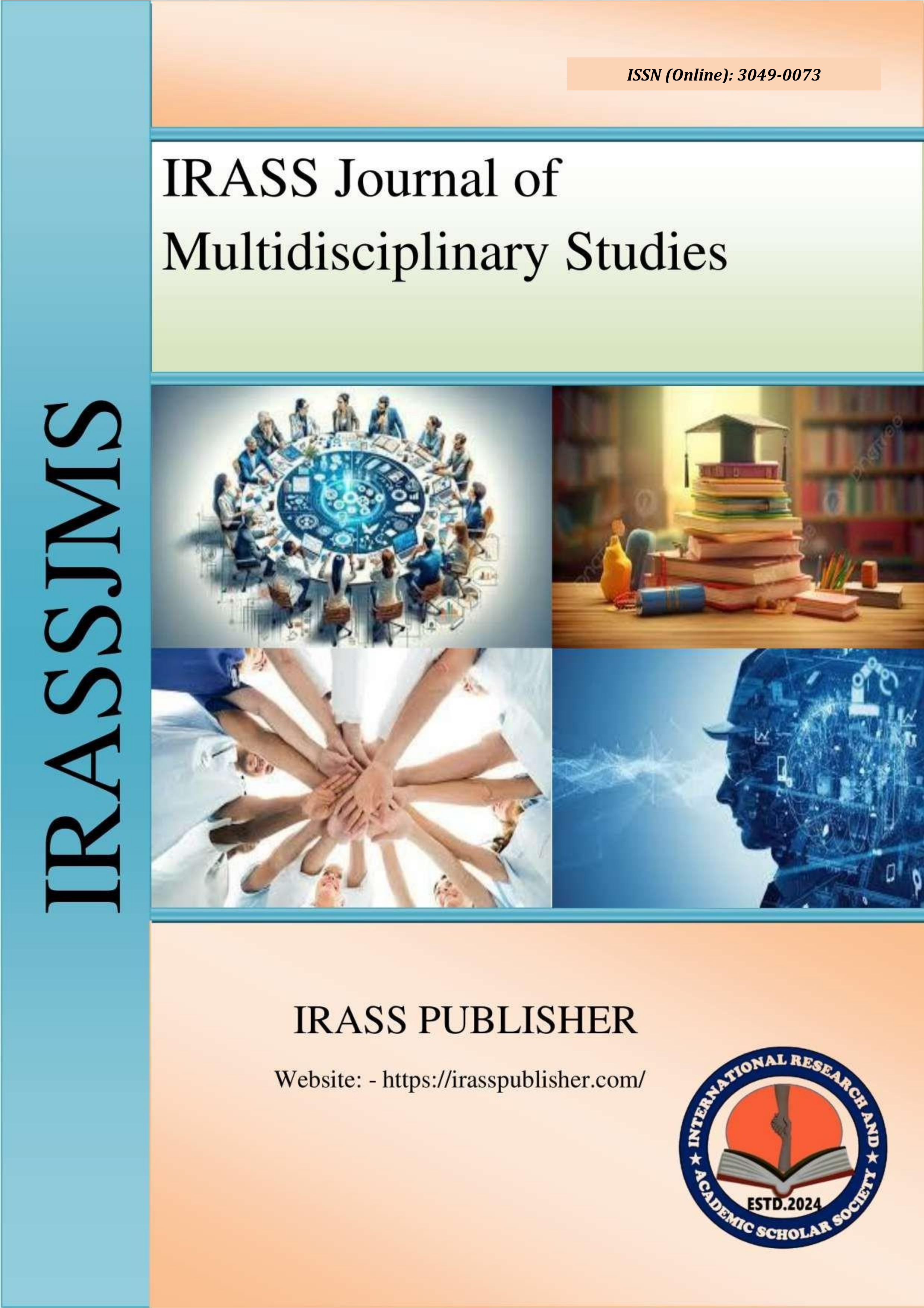BEYOND BORDERS: SHARING SOLUTIONS - COMPARATIVE STUDIES AND LESSONS LEARNED IN GLOBAL CRIME PREVENTION AND POLICING
Sr No:
Page No:
27-36
Language:
English
Authors:
Dr. John Motsamai Modise*
Received:
2025-02-19
Accepted:
2025-03-03
Published Date:
2025-03-07
GoogleScholar:
Click here
Abstract:
The article main goal is to learn from the world community by looking at successful
tactics that have been used elsewhere and then using those lessons to develop better methods of
police and crime prevention. The purpose of this article is to analyze and contrast the policing
and crime prevention techniques used in various nations. The objectives were to determine and
evaluate global best practices in law enforcement and crime prevention. to produce suggestions
based on the knowledge gained from worldwide best practices for legislators and law
enforcement organizations. Finding and evaluating effective methods of police and crime
prevention in both developed and developing nations were the goals. Examine and contrast how
well-suited various strategies are for dealing with particular crime kinds and societal settings.
Examine how social services, technology, and community involvement are incorporated into the
crime prevention efforts of other nations. Examine the prospects and obstacles for international
cooperation in the exchange of best practices and knowledge in the fields of police and crime
prevention. Provide evidence-based suggestions based on global best practices for legislators and
law enforcement organizations to enhance their approaches to crime prevention and policing.
The objectives of the research questions were to Which policing, and crime prevention strategies
are the most successful when applied in various nations throughout the world? What specific
crime types and social situations are addressed by various approaches to crime prevention and
policing? What part do social programs, technology, and community involvement play in the
crime prevention methods of other nations, and how are they implemented differently? What
opportunities and obstacles exist for international cooperation in the exchange of best practices
and information in the fields of police and crime prevention? What evidence-based suggestions
for lawmakers and law enforcement organizations may be made to enhance crime prevention and
police techniques based on the examination of global best practices? The paper will make use of
comparative studies in police and crime prevention, which call for a strong methodology to
guarantee the validity and reliability of results while taking into consideration the inherent
difficulties of making comparisons across various country settings. An overview of pertinent
methods and sources from the methodological literature is provided below: Case Studies: This
comprehensive method enables a thorough analysis of effective policing and crime prevention
techniques in certain nations. It entails participant observation, important stakeholder interviews,
and historical document analysis. Design and methodology for case study research and
application. Sage Books. Comparative-Historical Analysis: This approach looks at how various
nations' political systems, social institutions, and historical events have influenced one another.
Review of the literature: Secondary Data Analysis For comparison investigations, it can be more
affordable to use pre-existing crime data sets, policy documents, and research reports from
various nations. Comparability and data quality, however, need to be carefully considered.
Keywords:
Comparative studies, Crime prevention, Policing strategies, International collaboration, Best practices, Evidence-based practices, Policy recommendations, Law enforcement, Community engagement, Social programs, Technology, Human rights, Ethical considerations
Journal: IRASS Journal of Multidisciplinary Studies
ISSN(Online): 3049-0073
Publisher: IRASS Publisher
Frequency:
Monthly
Language:
English

